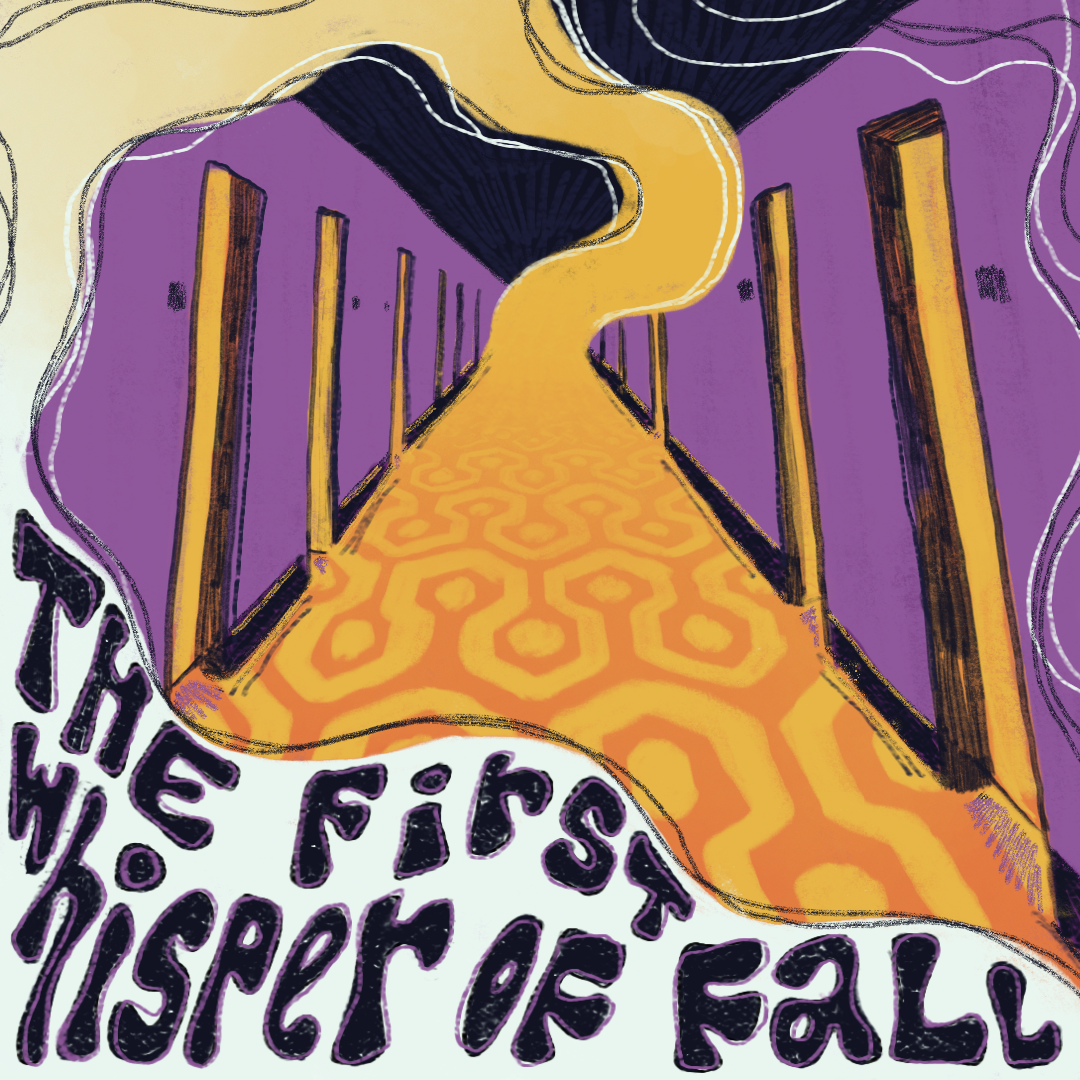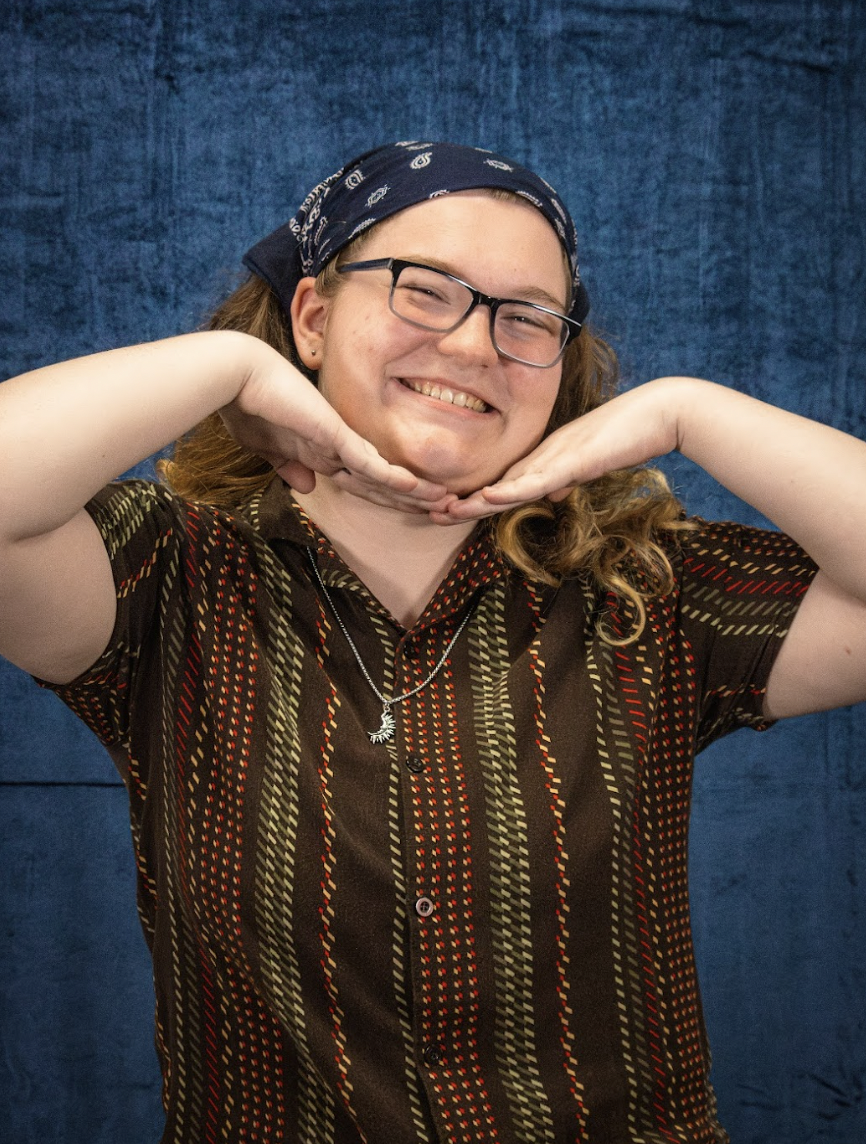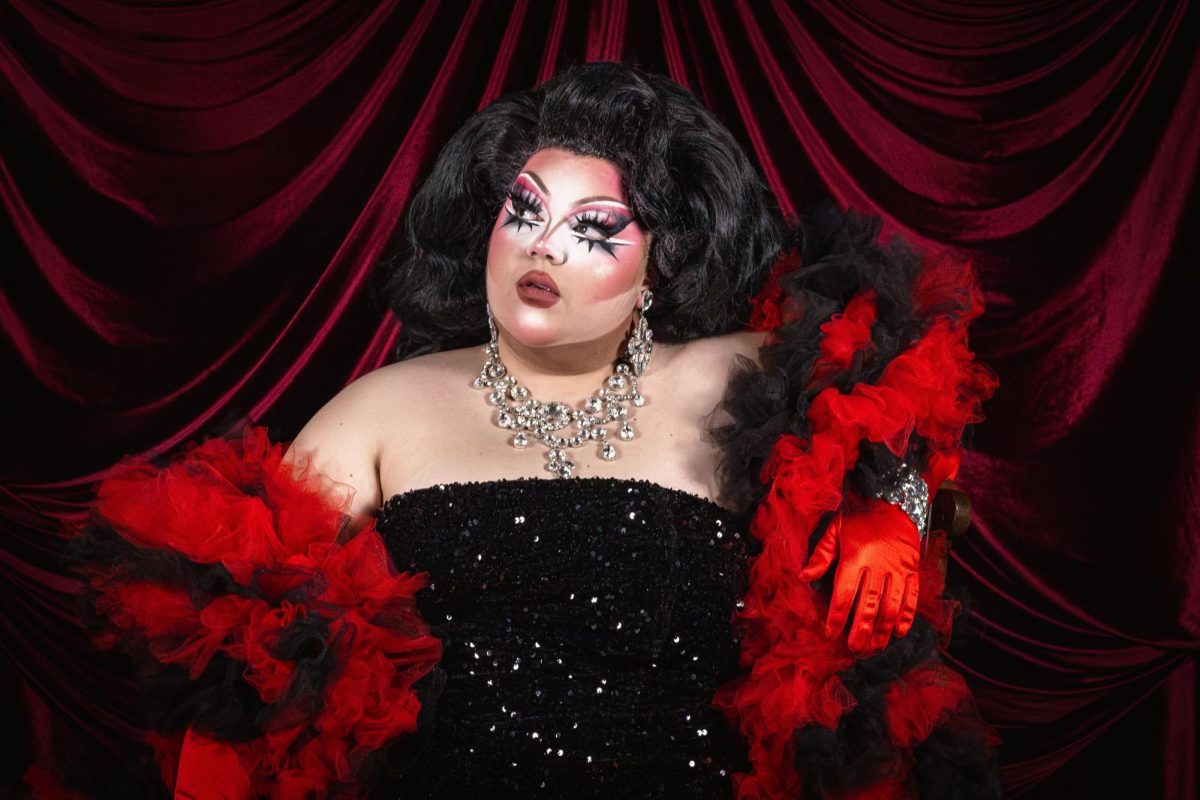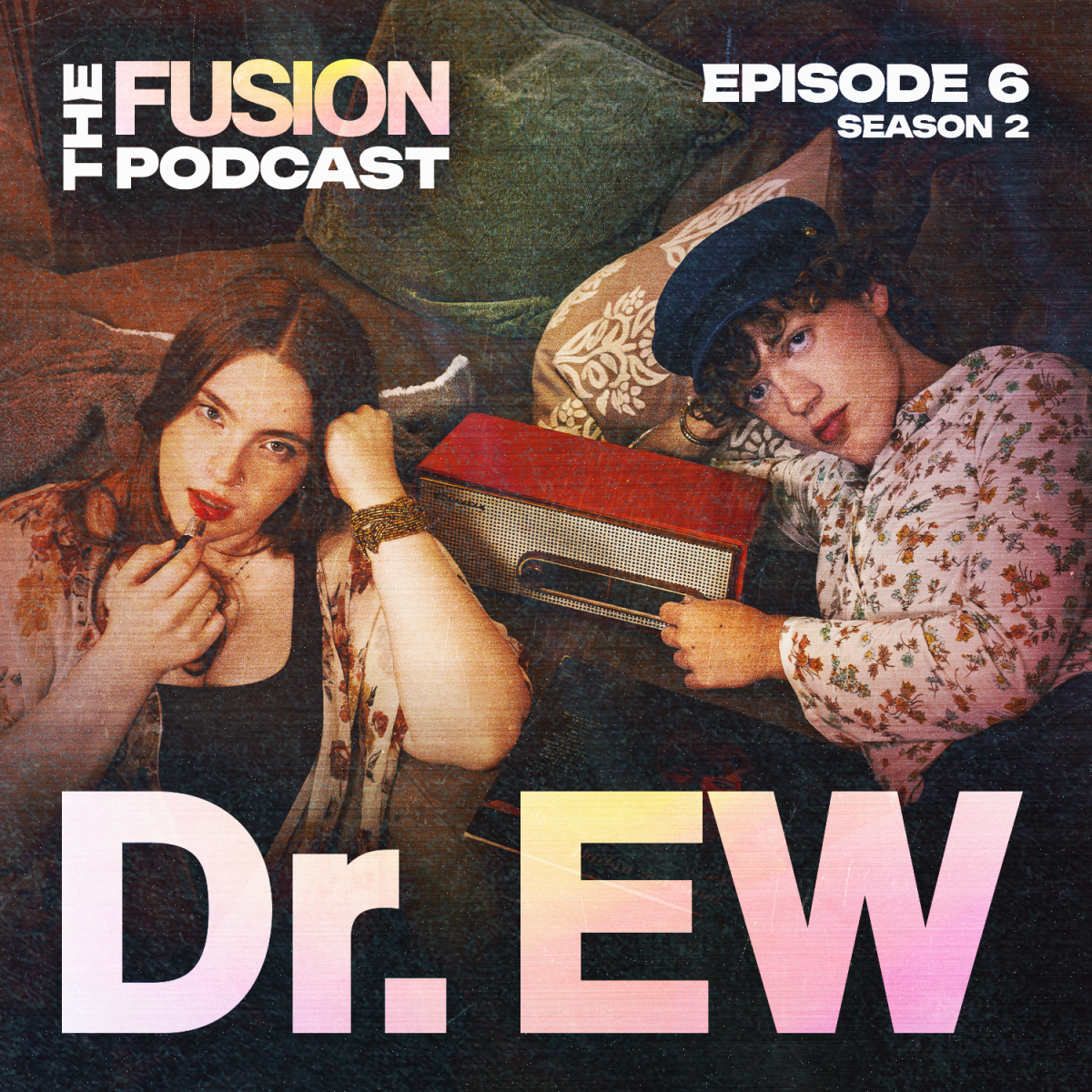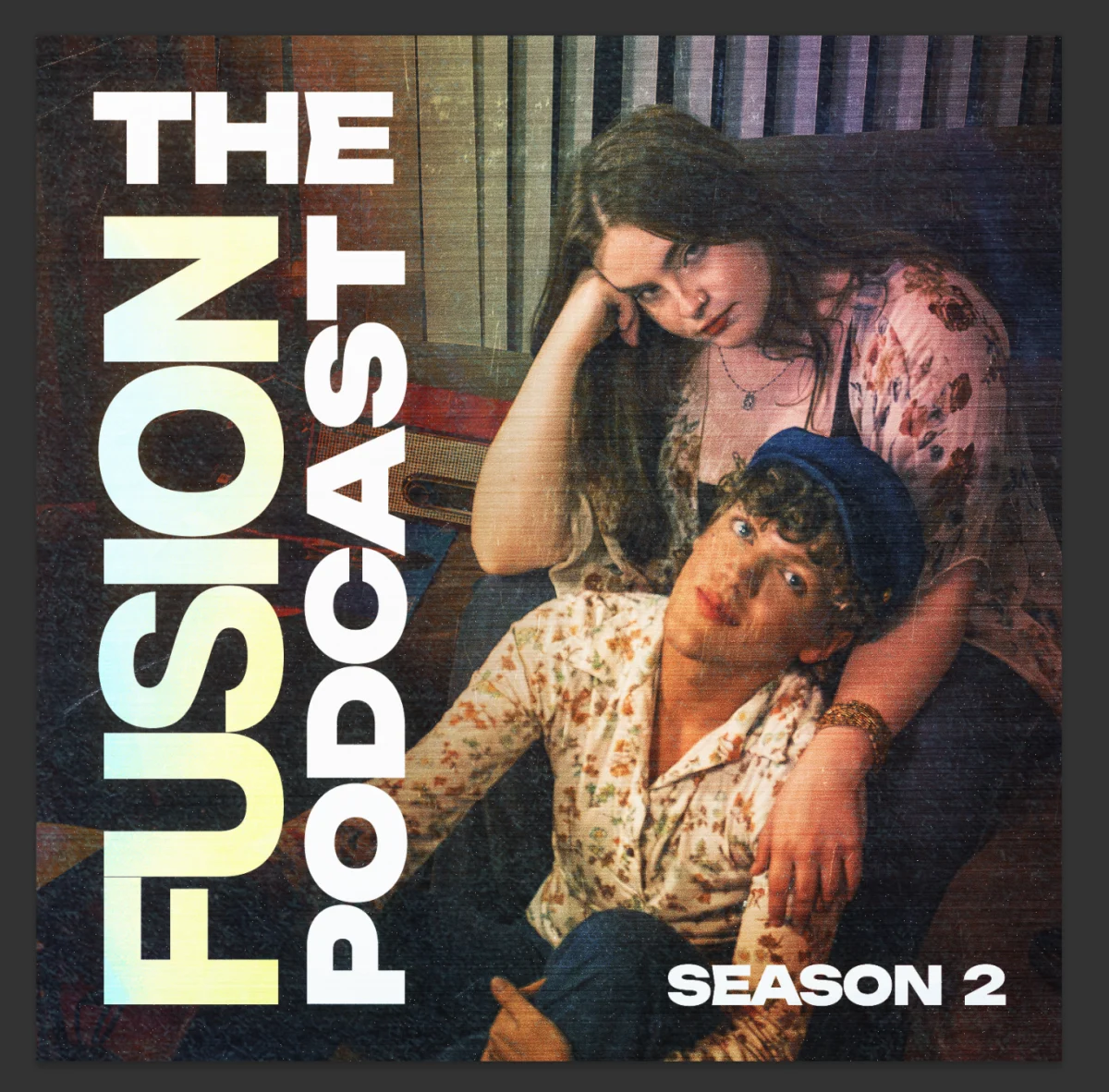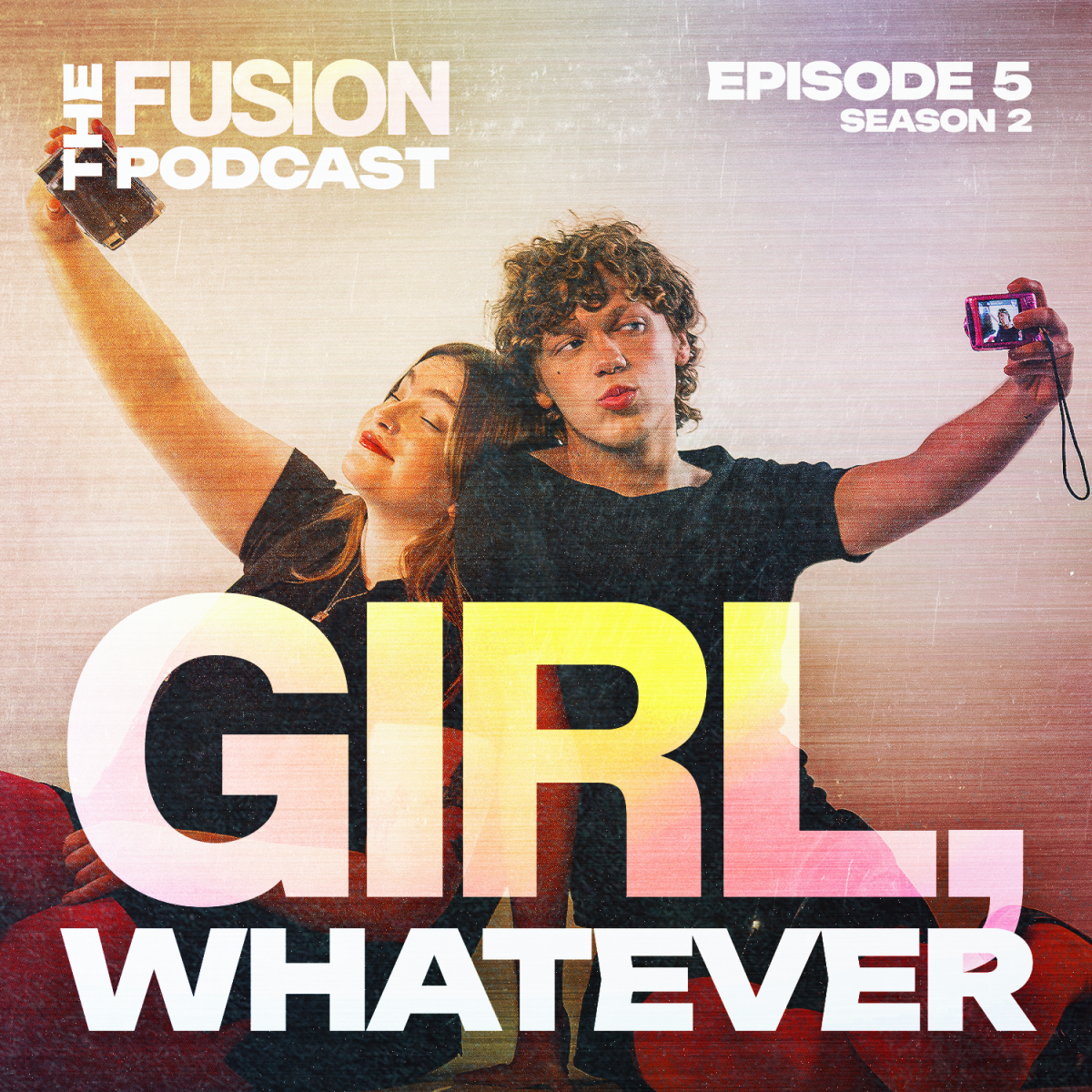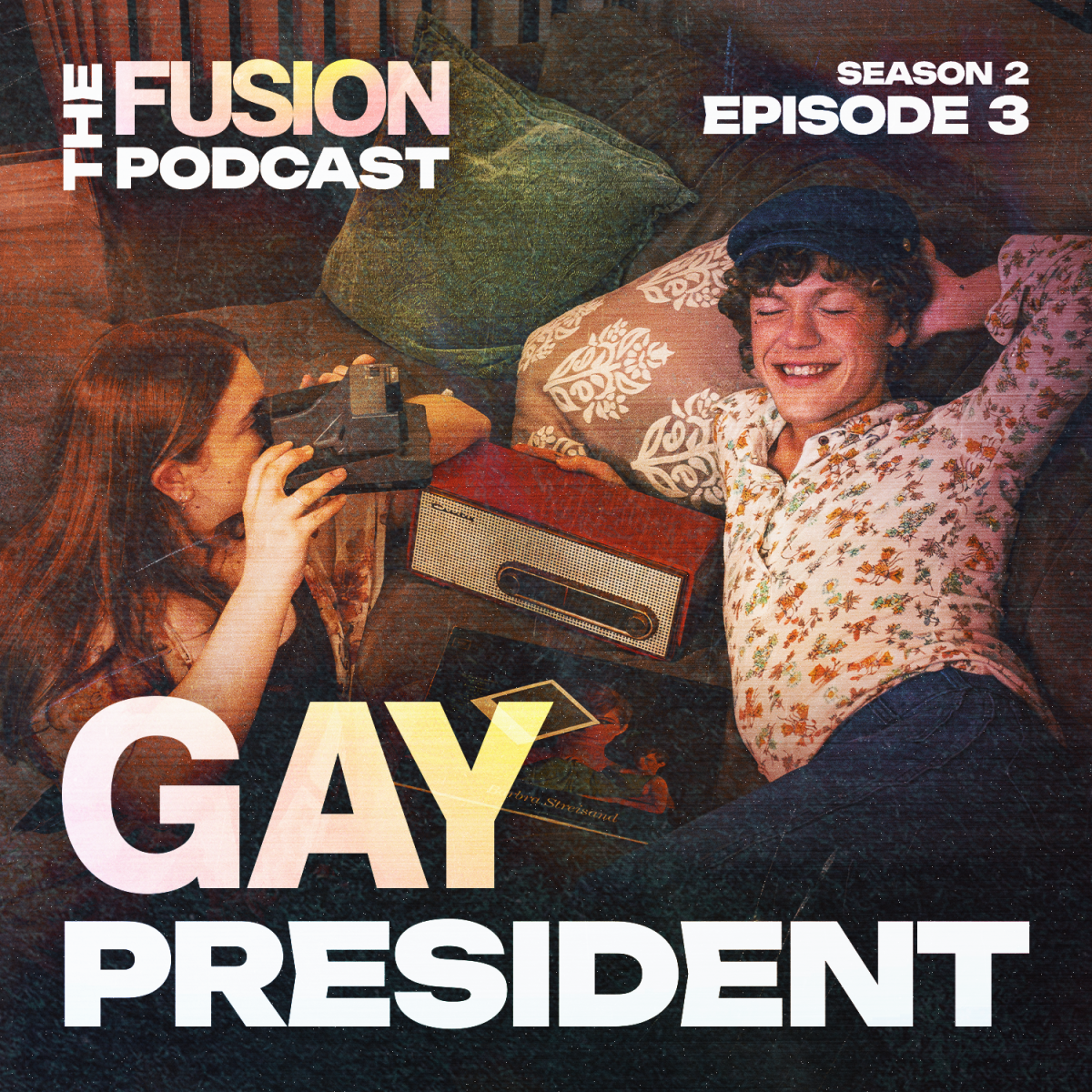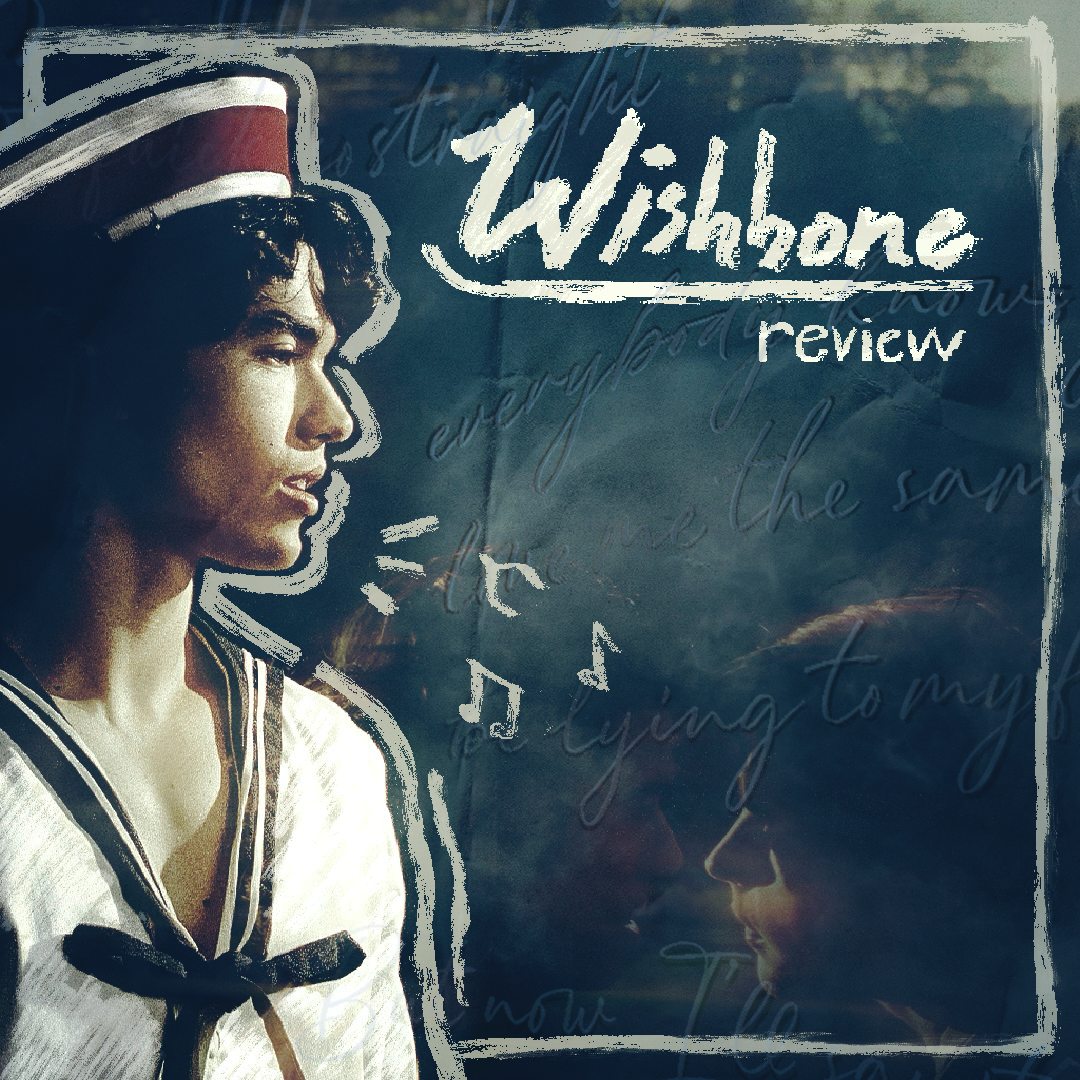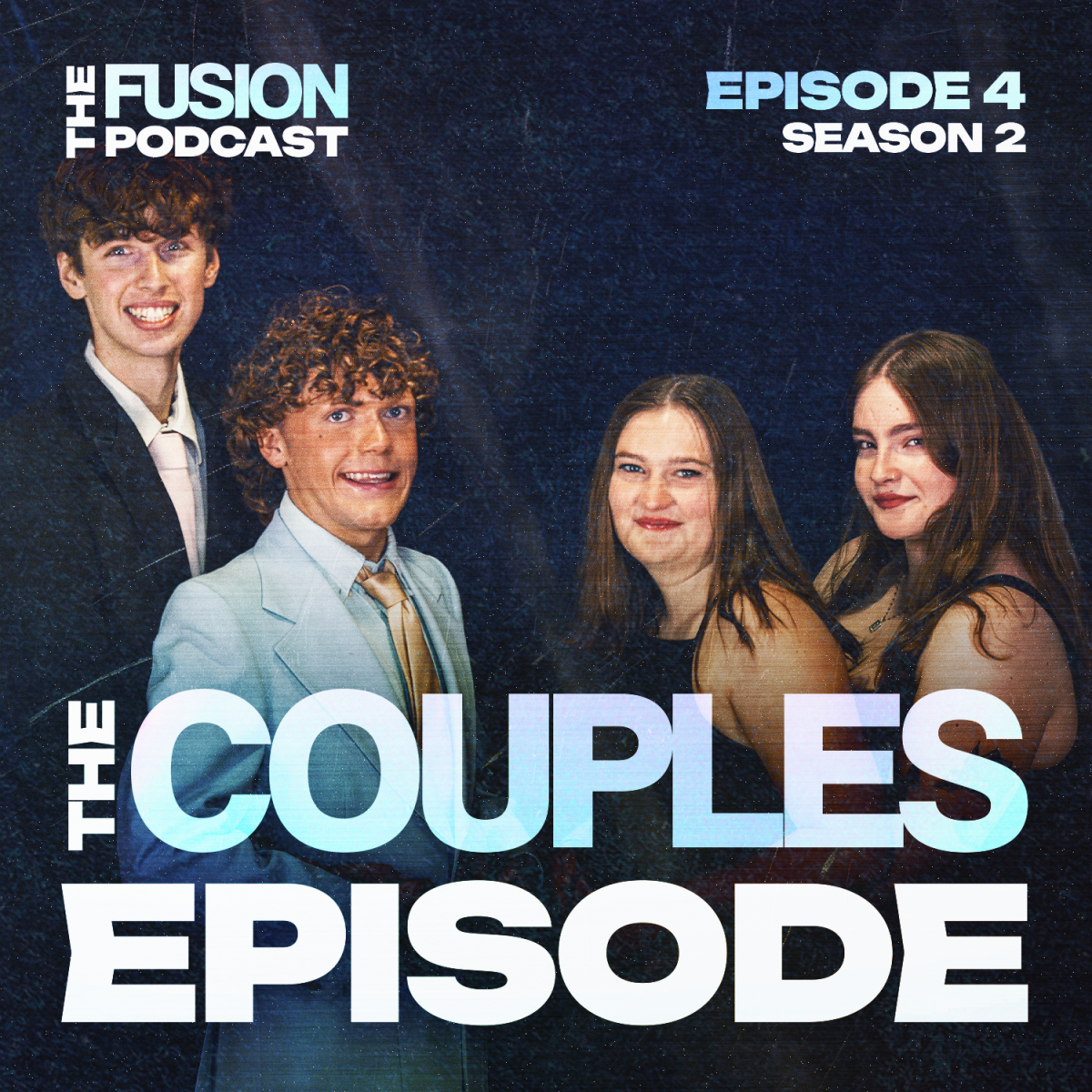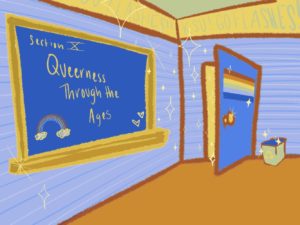
Sexuality is a complex subject and requires education for many people to fully grasp the concept. Universities are one of the main places that this happens since there is more freedom in the curricula than in K-12 education. Since professors can talk about divisive issues more easily than k-12 teachers can. Delving into sexuality in history courses, LGBTQ+ courses, representation in faculty and staff as well as other resources at universities is of paramount importance so that students can understand the LGBTQ+ community better.
According to Dr. Anne Maltempi, a history professor at Kent State, sexuality in history courses in universities has fallen short of where it should be in two main ways. Those two topics include adjusting the content of teaching and also what courses are offered at universities.
In terms of the content of history courses, Maltempi brought up multiple shortfalls in sexuality education. One such shortfall was in the sources used when looking at sexuality in the past, which tend to be biased or only present one specific historical view. For example, church sources are often biased when talking about gender and sexuality, and historical texts like these alone will not provide the full picture. Maltempi explained that instead, classes should “read a lot of different historical, theoretical texts but also some popular literary texts…that looked at how they talked about women, how they talked about men.”
Maltempi also mentioned that historians should begin tracing queer history across time and looking at it as an evolutionary process intertwined with history as opposed to as an independent growth in history as well as examining how there were no “harsh binaries” for sexuality in the past.
History classes in universities can also better educate students on sexuality by expanding the courses that are available to take. Maltempi proposed having courses that focus on intersectionality. These could include bringing in topics and texts from history, philosophy, political science and literature. On top of this, universities can also offer more courses specifically focusing on sexuality.
Maltempi emphasized, “one of the things we should strive to do is teach courses like that more regularly…So often, students think that nobody cared about that stuff back then…That’s really painting with a very 21st century broadstroke and there was actually a lot of stuff going on.”
Kent State has taken this to heart by offering a new history course called Gender in the Middle Ages. Originally taught by Dr. Maltempi and approved by department chair Dr. Kevin Adams, this course was introduced to the university in spring of 2021. This class branched into all components of the queer community and allowed for a broad, intersectional look into the history of queerness.
Apart from standard history courses, a key component of sexuality education is classes that focus on sexuality. At Kent State, there are at least eight courses that focus on sexuality. Supplementing these classes, degrees focusing on LGBTQ+ issues further the desire and opportunity for students to study sexuality. Kent State has a minor in LGBTQ studies that students can earn. Importantly, according to the program’s website, Kent State had the “first LGBTQ Studies program in the state of Ohio.”
The faculty teaching material can be just as important as the material being taught in regards to sexuality. Having faculty and staff that are openly queer can make students feel more comfortable discussing sexuality, give role models for queer individuals to look up to, and can open many people’s minds to the complex subject.
Openly gay professor at Kent State, Wendy McWilliams-Woods, spoke on this topic. She said, “it’s important for students to have someone to look up to. We didn’t have anyone like that when I was in school and it matters for me to be a part of this movement. The most important thing for people to understand is that respect is key.”
At Kent State, the LGBTQ+ Center publishes a Flashes of Pride poster that includes students, staff, and faculty. This is an option for individuals on campus to see a multitude of individuals in the LGBTQ community that are involved across campus. According to the LGBTQ+ Center’s website, this is to celebrate the community “with visibility and pride.” This, along with the center as a whole, seven queer organizations and two minors focusing on queer issues are some of the resources provided by the university. A full list of on and off campus resources can be found at https://www.kent.edu/lgbtq/lgbtq-resources-guide.
Tyler Horgan, a junior Environmental Studies and Earth Sceinces major at Kent State who is bisexual, understands the need for new programs, classes and representation of sexuality at universities. Horgan shared his opinions on this topic by writing, “education about sexual orientation and gender is really important because it gives younger people that chose to be informed, safe, and a good ally…We need support, especially from the university, because this is a place where anyone can be who they are and express themselves without feeling afraid or embarrassed. The university should be a safe place for them, and starting more programs for supporting education can expand the safe place from just the university out into the world.”

